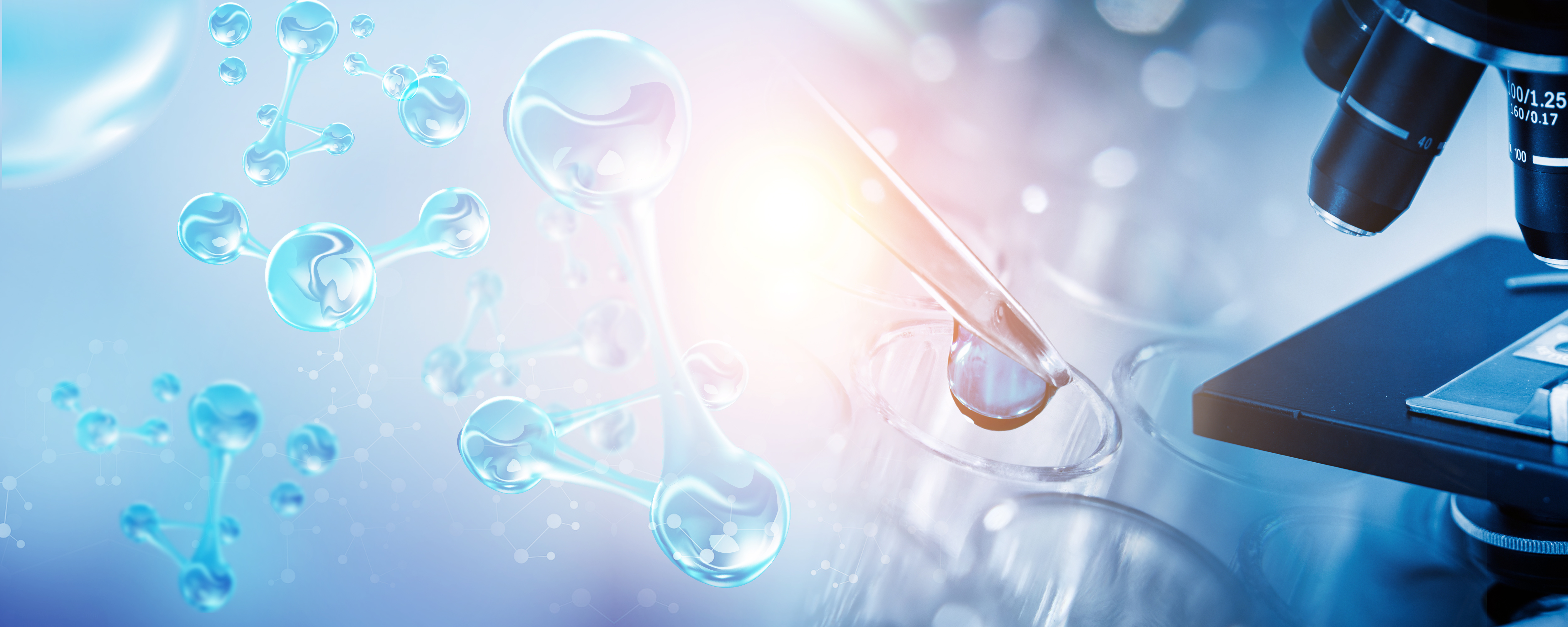
|
31 |
What is the general composition of cryopreservation solution for cell cryopreservation? |
|
32 |
What is the principle of DMSO as a cryoprotectant? |
| 33 | How to understand the toxic effects of DMSO? |
| 34 | How to determine the proportion of DMSO in frozen storage solution? |
| 35 | How long do frozen cell lines in general industry remain stable? |
| 36 | What are the reasons for abnormal cell growth after general cell recovery? |
| 37 | Why does the culture medium need to be preheated during cell recovery? |
| 38 | What is the possible reason for the slow growth of the first generation after cell recovery? |
| 39 | What is the effect of different shaking table speeds on cell recovery? |
| 40 | What precautions should be taken for cell cryopreservation and recovery? |

![]()
♂Question 31: What is the composition of the cryopreservation solution for cell cryopreservation?
|
√Culture Medium The culture medium in general cryopreservation solution is the one used for cell passage. √Cryoprotectant Cryopreservation protective fluid can penetrate into cells, usually consisting of small molecules such as glycerol, ethylene glycol, propylene glycol, acetamide, methanol, etc. The commonly used cryoprotectant for mammalian cells is DMSODMSO。 √Cryoprotectant Mammalian cell cryopreservation solution generally consists of 10% DMSO+90% culture medium.
|
♂Question 32: What is the principle of DMSO as a cryoprotectant?
|
√01 DMSO is a permeable cryoprotectant that can penetrate into cells through the cell membrane, lower the freezing point of cells, reduce ice crystal formation, alleviate free radical damage to cells, and change the permeability of biofilms to electrolytes, drugs, toxins, and metabolites. √02 Its protective mechanism is to penetrate into the cell before the frozen suspension of the cell completely solidifies, generating a certain molar concentration inside and outside the cell, reducing the concentration of electrolytes in the unfrozen solution inside and outside the cell, thereby protecting the cell from damage caused by high concentrations of electrolytes. At the same time, the water inside the cell does not excessively leak out, avoiding excessive dehydration and shrinkage of the cell. √03 When using this type of cryoprotectant, a certain amount of time is required for pre cooling to achieve balance inside and outside the cell to provide sufficient protection. |
 Official WeChat
Official WeChat